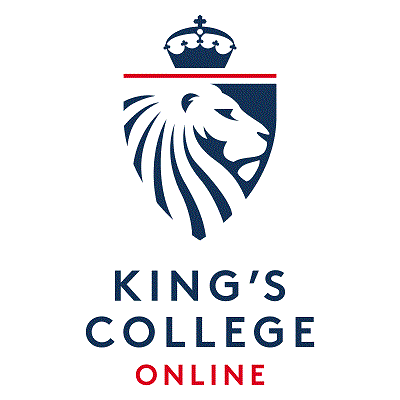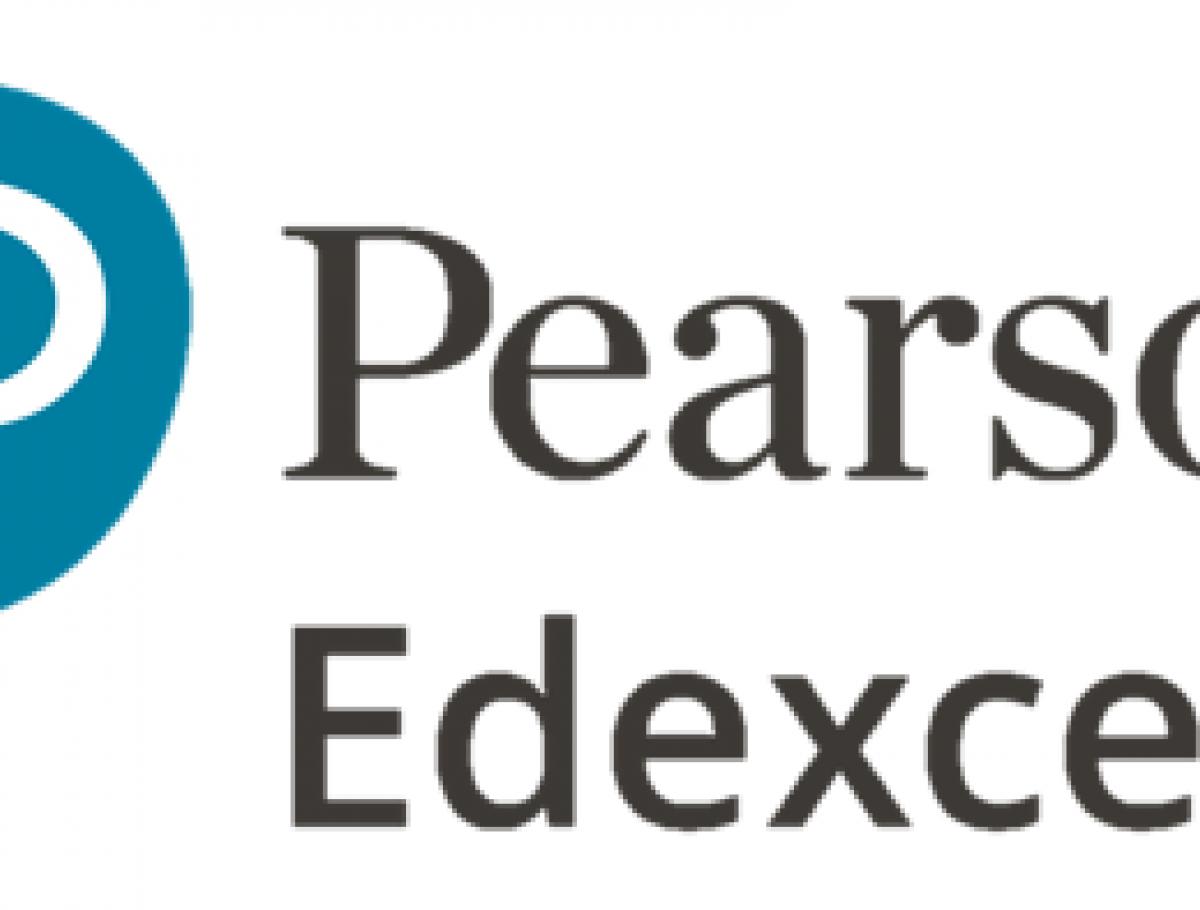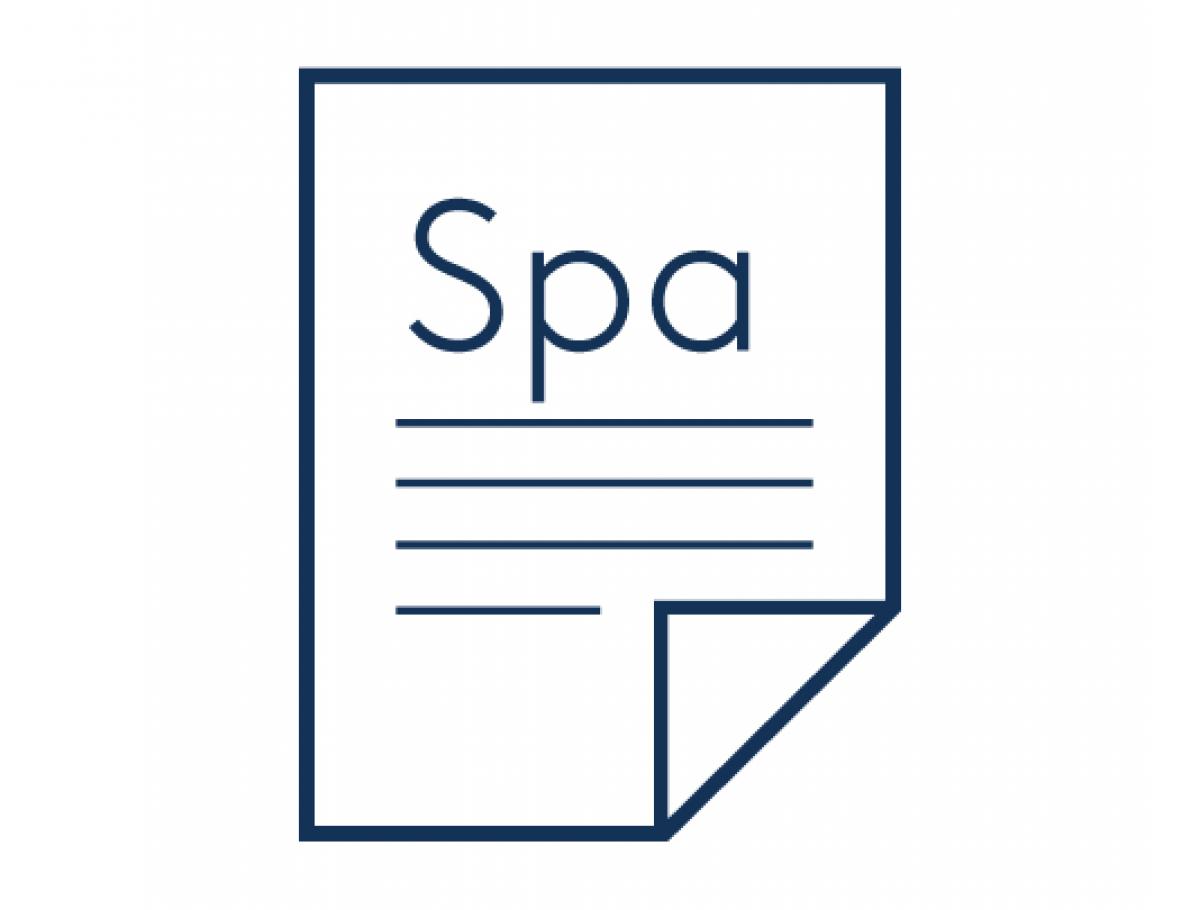King’s College Online students follow the Pearson Edexcel International GCSEs. All courses are for one year, with students able to choose from a wide variety of International GCSE subjects. The courses have been designed to prepare students for further A level study in each subject the following year. Students can choose to study at King’s College Online or at one of Inspired’s premium schools around the world.
For full time study for International GCSEs, students should select a programme of five subjects from the following options. Students should be guided by potential future choices of A levels, university degree ambitions and further career aspirations. Pearson’s International GCSEs have been specifically designed to support the learning of international students.
Subjects available at GCSE level:
-
Biology
-
Business Studies
-
Chemistry
-
Double Science
-
Economics
-
English Language
-
English Literature
-
French
-
Geography
-
Global Citizenship
-
History
-
Maths
-
Physics
-
Spanish
Read our guide for parents and students below to learn more about why Pearson qualifications are studied by more students than any other awarding organisation.

















